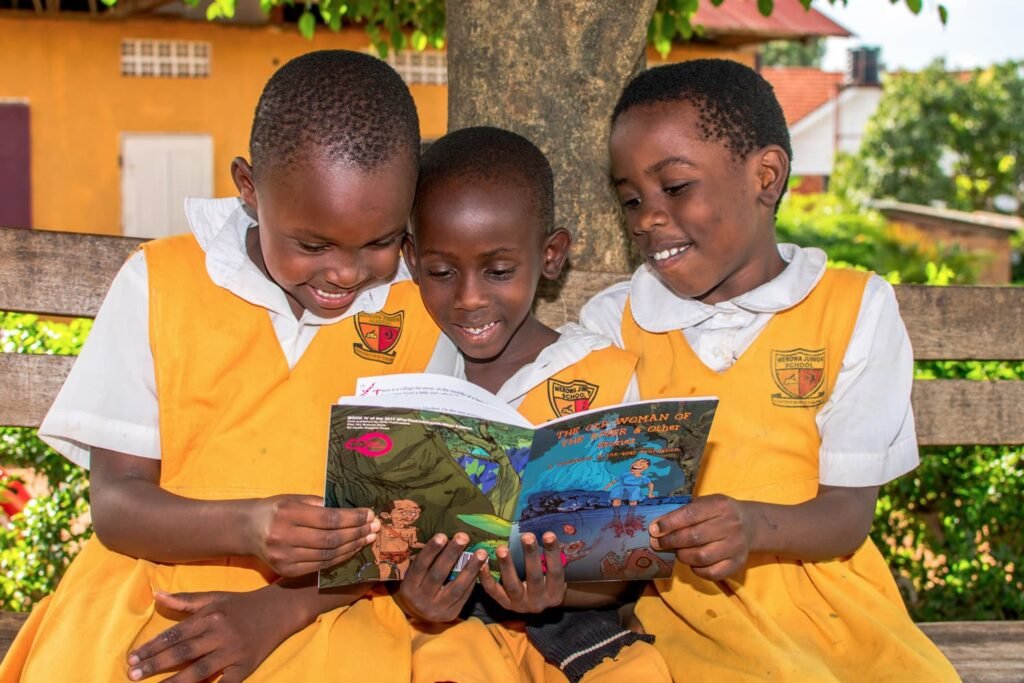Parental involvement is the first bridge a child crosses into the world of literacy. Long before a child steps into a classroom, their earliest exposure to language comes from their caregivers through lullabies, stories, instructions, and everyday conversations.
When a parent takes time to name objects, ask questions, or describe the world around them, they are laying the foundations for vocabulary development, comprehension, and critical thinking.
Literacy is not just the ability to read written words; it’s the ability to make meaning and that meaning-making begins at home, in simple moments.
The attitudes parents hold towards education significantly influence a child’s literacy journey. When children see that reading is valued at home,books are present, stories are told, questions are welcomed, they internalize that learning is important.
On the contrary, when literacy is seen as the sole responsibility of schools or teachers, children may detach from the process, treating it as an obligation rather than a way for empowerment.
A parent who asks, “What did you read today?” or who sits beside a child as they sound out a sentence communicates far more than the act itself ,they’re saying, your learning matters.

When a parent is able to reinforce what is taught in school,helping with reading aloud, reviewing new words, or simply creating a quiet space to read,they transform passive school experiences into active learning. They help anchor classroom lessons in the child’s daily life, improving retention and understanding.
However, in Uganda, many parents especially those in rural areas stopped their education at the primary level or never attended school therefore asking them to support their child’s learning without equipping them to do so is unrealistic. If we are to meaningfully improve learning outcomes, we must begin by transforming homes into learning environments.
According to a 2014 study by Uwezo Uganda, a substantial number of Ugandan parents remain uninvolved in their children’s education. 43% of parents surveyed reported that they never checked their children’s homework, and only 12% checked daily.
At 40 Days Over 40 Smiles Foundation (4040), we have spent over a decade working in underserved communities to create safe learning spaces, spark curiosity through reading, and improve the literacy journeys of children left behind by systemic inequality.
We continue to strengthen our Angaza Resource Centre to act as a literacy incubator. We recruit volunteers, and train children in reading and comprehension. But we now recognize that our greatest opportunity lies in bridging the gap between schools and homes.
Uganda cannot afford to treat literacy as a school-only affair. We cannot allow millions of children to remain educationally invisible simply because they were born into homes without books or literate guardians.
But if we want systemic change, we need a national commitment to support parents as co-educators, not passive observers.
Marvin Twiinawe
Associate Head of Communications, 40 Days Over 40 Smiles Foundation
marvintwiinawe@gmail.com
